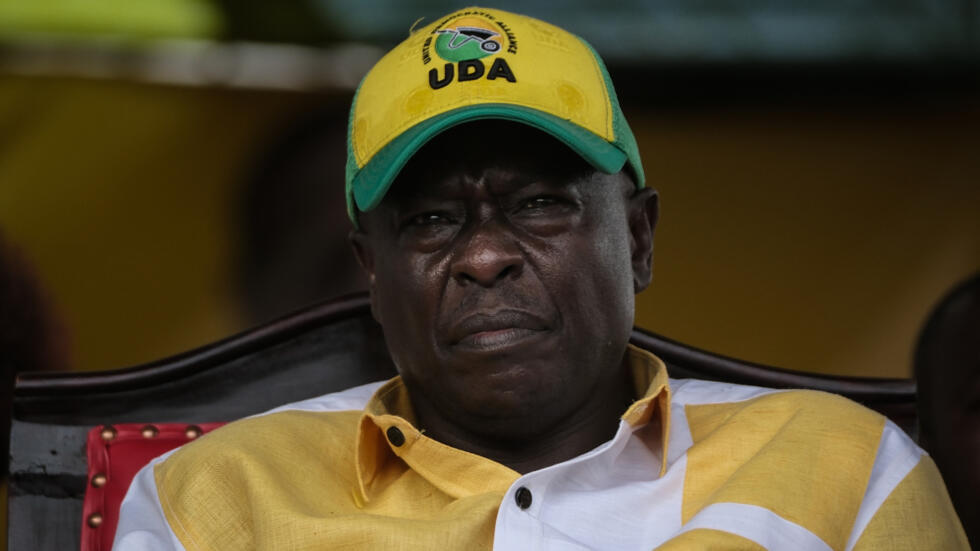Kenya court hears challenge to deputy president’s impeachment
On Tuesday, Kenya’s High Court began hearing a legal bid by impeached Deputy President Rigathi Gachagua to overturn his ouster in a political saga that has plunged the upper echelons of Kenyan politics into disarray. However, both he and President William Ruto challenged the court’s ability to hear the case for different reasons. In a […]

kenya court hears challenge to deputy president’s impeachment
On Tuesday, Kenya’s High Court began hearing a legal bid by impeached Deputy President Rigathi Gachagua to overturn his ouster in a political saga that has plunged the upper echelons of Kenyan politics into disarray.
However, both he and President William Ruto challenged the court’s ability to hear the case for different reasons.
In a fast-moving and sometimes confusing drama, the High Court in Nairobi on Friday had ordered that Gachagua’s impeachment be put on hold.
Its ruling came just minutes after parliament had approved Interior Minister Kithure Kindiki to replace Gachagua as Ruto’s deputy.
The Senate impeached Gachagua on Thursday on five out of 11 charges against him, including stirring ethnic divisions and undermining the judiciary.
The impeachment – the first time in Kenya that a deputy president has been removed from office in this manner – is the culmination of a public falling-out between Gachagua and Ruto.
The embattled 59-year-old has denied all the allegations, and his legal team swiftly launched an appeal alleging the process had been unfair and rushed.
“The petition and application raise monumental constitutional issues,” the High Court said in its ruling on Friday that blocked Kindiki from taking office.
Gachagua was in the packed courtroom for Tuesday’s hearing and security was heightened at the court compound.
His legal team however challenged the make-up of the three-judge bench, protesting that it had not been constituted by Kenya’s Chief Justice Martha Koome but by her deputy.
Responding to a separate petition also challenging the impeachment, Ruto objected that the High Court did not have the jurisdiction to hear the case, saying it should be the preserve of the Supreme Court because it covered constitutional issues.
